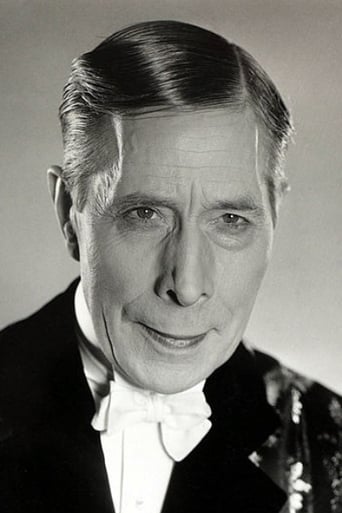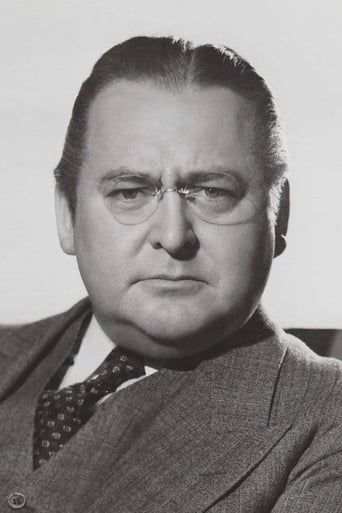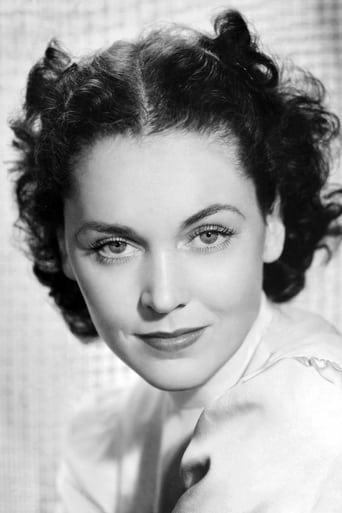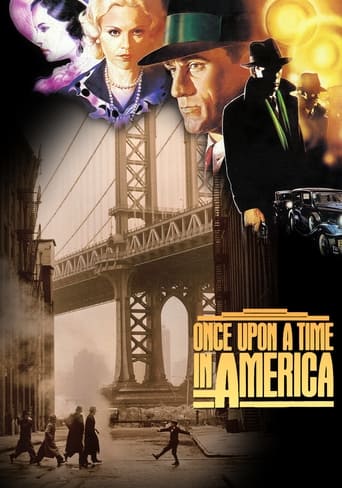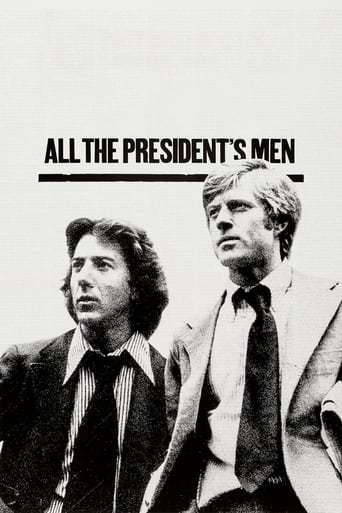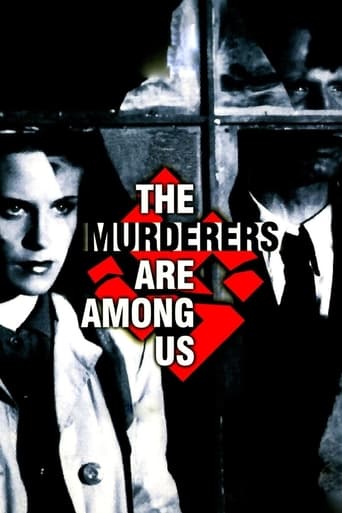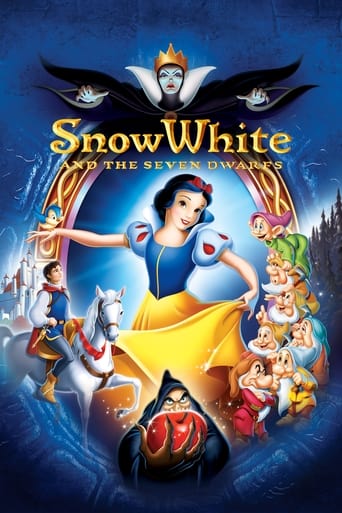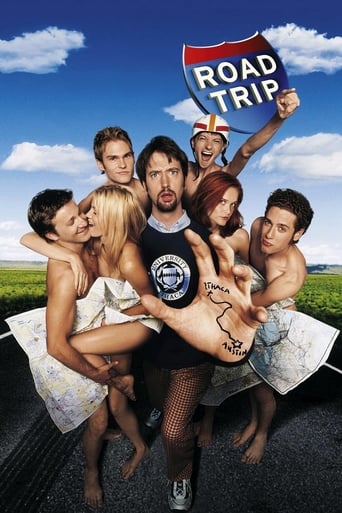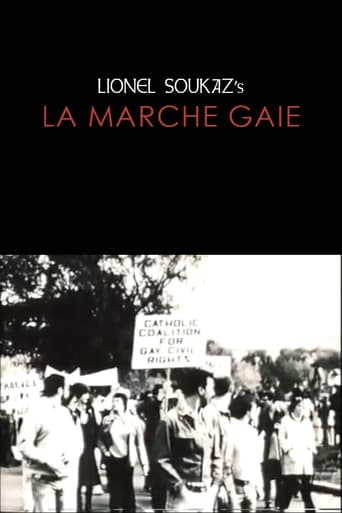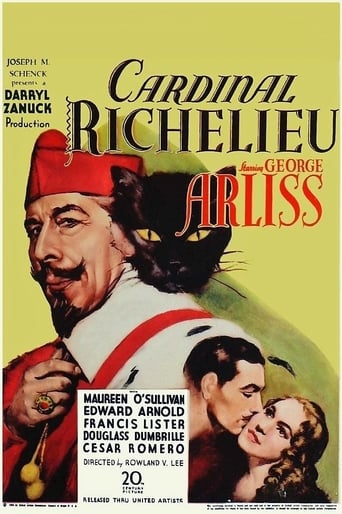
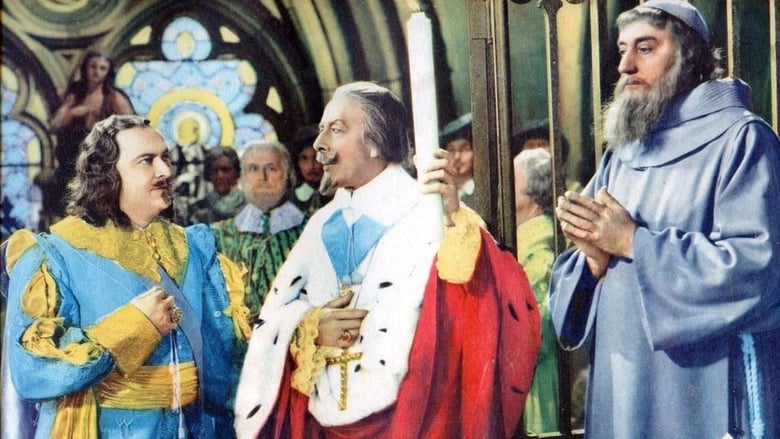
Cardinal Richelieu (1935)
The cunning Cardinal Richelieu must save King Louis XIII from treachery within his inner circle.
Watch Trailer
Cast


Similar titles
Reviews
A superb political screenplay, as boasts all those films surrounding Arliss' creations of great men from the past. One of his greatest performances. Here he acts mainly with his eyes – one can almost see the wheels turning, see him thinking, plotting his next move. The great voice is there of course, but the crafty eyes carry his interpretation of the character.The time is 1630. Arliss first appears from a distance, it could be a double, at 7 minutes into the film, but his entrance as an actor occurs at 14 minutes into the plot. Good production values. Edward Arnold believable as King Louis XIII. The plotting for power is clear and understandable as it twists and turns. Interesting that Gaston, the King's brother and lusting for power, echoes England's Henry II's proclamation re Becket, "Will no one rid me of this troublesome priest? Or words to that effect.Interesting in that Arliss worked for both studios, Fox and 20th Century, before the merger that same year. One of the few Arliss films available commercially and recently released.
Armand Du Plessis, the Duke Of Richelieu and also a Cardinal of the Church of Rome remains to this day a fascinating historical figure. He was in addition to being a Prince of the Church was the first minister to King Louis XIII of France. He was legendary for his cunning and his power grabbing. Richelieu has come down to us as a villain as a result of Alexandre Dumas's classic novel The Three Musketeers. In point of fact anyone who was looking to rise in France at the time buddied up with Richelieu. He said himself he had no enemies, but the enemies of France.Cardinal Richelieu the film is adapted from an old 19th century play by British author Edward Bulwer-Lytton and in America the great actor and first real American stage matinée idol Edwin Forrest originated the role. A man like George Arliss whose style of acting stemmed from two centuries ago was the perfect choice to play Richelieu as realized by Bulwer- Lytton.The play covers the period before and during an incident known as the Day Of Dupes when Richelieu managed to bag all his court rivals in a treasonous plot against him and his master Louis XIII played here by Edward Arnold. It may not have happened that way on film, but history records he was unchallenged at court until almost his death.Leading the plot is Douglass Dumbrille and it involved the Dowager Queen Violet Kemble-Cooper, the current Queen Katharine Alexander and the idiot second son Gaston who is unforgettably played by Francis Lister. Gaston was every bit the idiot that Lister plays him as.Handling the romantic interest is Richelieu's ward Maureen O'Sullivan and young noble Cesar Romero in one of his earliest roles. Romero is dashing and brave, but a bit of a fat head who gets in turn manipulated by Dumbrille and then Arliss.The Three Musketeers has done dirt to Cardinal Richelieu's reputation. Though this film comes from a play out of the romantic era that also produced The Three Musketeers it shows Richelieu in a better and more true light. Arliss might be old fashioned for today's taste, but I think his performance is grand.
For background on this movie, see the other comment.As for how this movie plays? Quite well. If I hadn't seen many of of Arliss' other pictures, I would have said remarkably well. Because the reason this picture works is that Arliss is a grand old-fashioned (but not hammy) actor in a role where only that sort of playing would work. Richlieu, as portrayed in this picture, is an actor himself, running several complicated bluffs to confound and eventually defeat his enemies. The "big scene" in the picture -- where Richlieu warns of the wrath of the Pope if he is harmed -- is a fine moment (and staged quite well in the picture).(Possible spoiler ahead) But, if you paid close attention to the movie's early scenes, you realize that this, too, is just another thundering lie told in a good cause.Arliss, as in a number of his other "great men" roles, is playing a very tricky character, who is rendered palatable only because he is fighting for a very great cause (and, in the meantime, striving mightily to bring the movies romantic leads together). The tension between the trickery, the inherent shadiness of Arliss' character, and the noble ends for which Arliss fights, makes for always interesting and somewhat surprising drama. Since predictability is the usual failing of movies of this era, Arliss movies are well worth seeking out.
There is no denying that George Arliss's position as a leading star of movies has declined precipitously in the last half century. That he appeared in historical films where he was involved with great events, and bringing fictional lovers together, is used as a joke to dismiss him. Only when studying his actual performances does one realize that his restrained acting was a tremendous advance over the thumping scenary tearing of the silent period. If you doubt this, look at his performance in THE IRON DUKE. Although too short to play Wellington, he does the best with the role. In the film he has to confront the French royal court after the judicial murder of Marshal Ney (1815). The actor playing Louis XVIII is overacting incredibly, and Arliss knows it. Look at the fierce disapproval in his face in that scene.Here, he is playing Armand Du Plessis, Cardinal Richelieu, the real ruler of France from 1626 to 1642 (the titular ruler was King Louis XIII - here Edward Arnold, splendid but wasted in a small role). Richelieu took a France, long weakened by religious wars (although it had begun a good recovery under King Henri IV and his minister Sully), and made it the supreme power in Western Europe, at the expense of Charles I of England, the Germans in the Thirty Years War (he paid off the King of Sweden to prolong the war), and Spain. Richelieu is usually considered a villain in movies (like THE THREE MUSKETEERS) but he was the creator of modern France. Arliss does very well in the role, bringing the patriotism and brilliance of the cardinal out - and he also happens (for a change) to look like Richelieu. But what makes this performance most interesting is that the film captures a 19th Century theatrical workhorse - Edward Bulwer-Lytton's play RICHELIEU. It was one of the most popular "modern" plays in English and American theatre in the 19th Century, and had been performed by Edwin Booth among others. The key scene for whoever played the Cardinal was "the Curse of Rome" Scene, where Richelieu warns of the wrath of the Papacy if anything happens to him. Arliss delivers this in the film - the sole example of this 19th Century acting moment in film.


